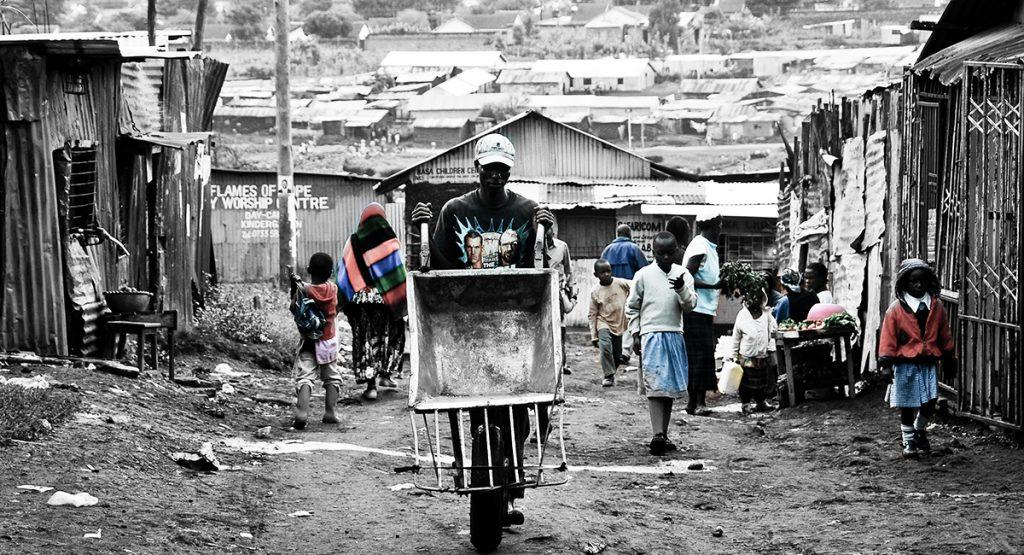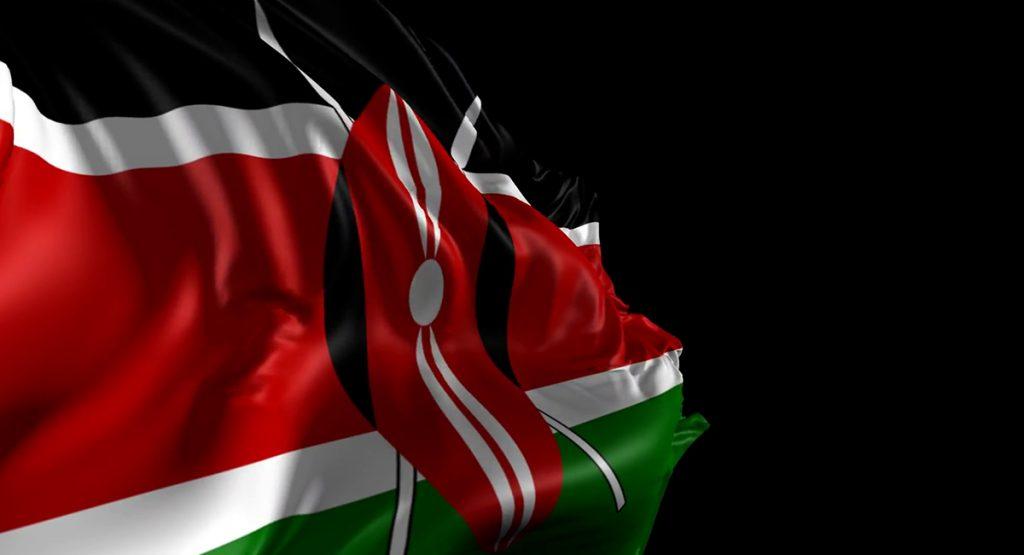It is no secret that access to the right information is paramount, and nothing can undermine the power it holds. When a government, a politician, a representative, a chief, or a leader in any capacity tries to withhold vital information from their immediate community – that’s where the society begins to drift.
For years now, access to the right information in Kenya has been the biggest drawback that has not been fully addressed. And if it has been highlighted, implementation of the right channels for the flow of information has not been executed. When a leader withholds important information from the people who are intended to receive the message, corruption, inequality, and violence begin thrusting in such a society. It all begins from the top; the government. If public information is not properly disseminated to the public, there will be no public participation. If only a few chosen individuals, communities, or groups receive the information, inequality across counties or communities begins to thrust. How can the youths (the said future leaders) contribute to the economic development and foundation of a better economic state when they are not allowed to access the right places where the information flows from? Hiding information from your county, community, or the public members when it is meant to be distributed to them is acting shallow.
Dishonesty, miscommunication, and spreading half-truths trigger violence against each other. Access to the correct information is essential in the promotion of peace and order. When a leader in charge of disseminating information decides to distribute half-baked information, it ends up triggering an uproar. How can a nation thrive in violence? You answered that right (it can never); it is even clear how access and restriction to the correct information can help build or destroy a nation. Information is power. Refusal to access the right information makes it challenging for any member of the public to know what exists and what doesn’t exist. When a society is well- informed, cases of corruption will cease to increase as they will act as watchdogs against fraud within and outside the government.
But selfishness among many leaders is killing our nation. Instead of planning on tactics on how to distribute such information, most leaders prefer to withhold it to benefit their close associates and families. Corruption is a deadly killer of any nation. It begins the moment a leader chooses who needs to access certain public information and who remains in the dark. The act is contrary to the fundamental right of access to information under Article 35 of the constitution of Kenya. How can one choose who has access to information when it’s meant to be public? It is ignorant of any representative to do so; in such a time of modern technology when access to information is broad, and differentiating between the right, and incorrect information is strenuous. Access to the right information (meant for the public) should be straightforward, available, and convenient to everyone looking for it. How can the youths grow when opportunities meant for them don’t reach them? And when they try to access the information from the right offices, they are denied access?
Recently Kenya Fight Inequality Alliance (Kenya FIA), organized Usawa Barazas in 10 counties across Kenya. Their two main demands were; transparency & accountability, and Services (Mental health, water, universal health and education). The ten counties that took part in their 2020 – Usawa Baraza under the theme of the year, Gender Justice, were Isiolo, Kakamega, Kiambu, Kilifi, Kisumu, Laikipia, Lamu, Mombasa, Nairobi and Vihiga. A report from all the counties indicated how access to the right information and places is still a major challenge to both the youths and the public at large. Isiolo, one of the participating counties in the fight against inequality at their county level, highlighted how tough it is in their county to access correct information from authorities.
Such restrictions are hindering the youths who are not aware of the opportunities available to them. Kenya FIA is a combination of over 200 groups across Kenya. Kenya FIA has been part of the global Fight Inequality Alliance since 2017, and they are all together working towards bringing change at the county and national level whilst uniting groups locally and internationally for support, solidarity, and training. But when their members have no access to the correct information, they cannot support the rest of the community members who depend on them, the elderly, the disabled, and the children and youths who are the future of the nation. Yes, the government has the right to classify certain information as classified but not all the information can be classified; therefore, government leaders and representatives need to plan on ways in which counties can access information without barriers. Not forgetting who is responsible, to disseminate certain information is vital to ensure accountability and transparency. Most of the time, those with information decide what to say and what to withhold. Setting criteria that will guide those seeking information is necessary for every county.



